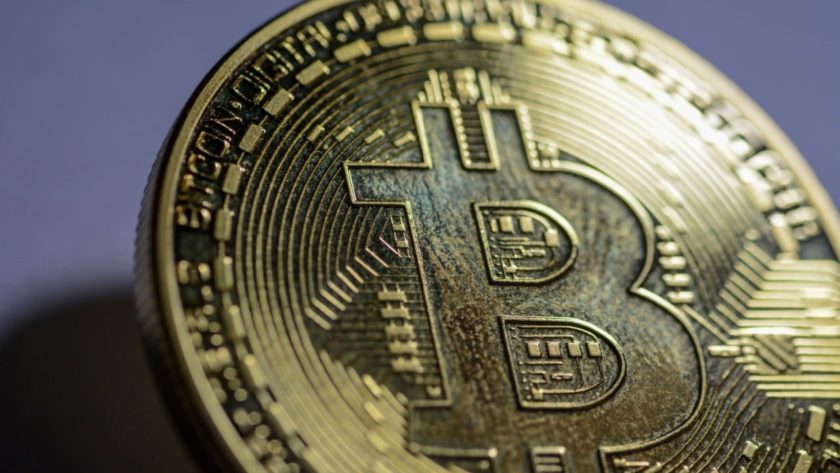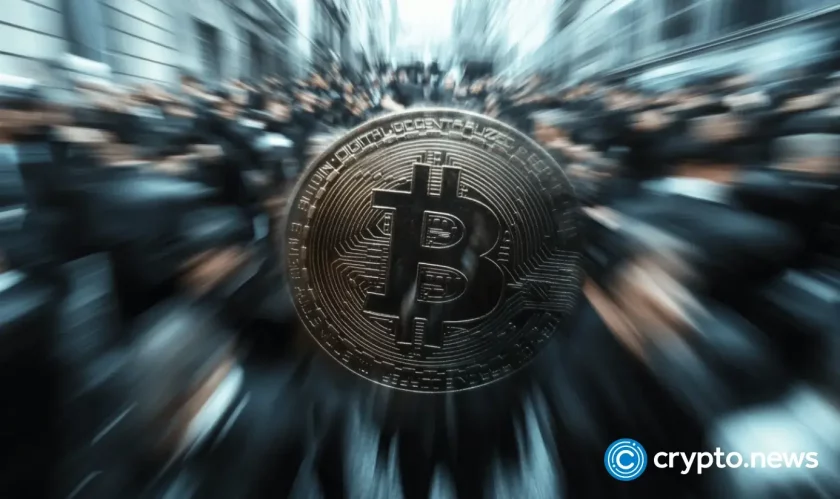The law enforcement agents in Bengaluru, recently arrested the CEO and co-founder of Indian cryptocurrency trading company, Unocoin, leading to the death of Bitcoin ATM in Bengaluru. This comes on the heels of the arrest of Unocoin’s first co-founder earlier in the week.
Details of the Arrest
The situation seems to have worsened for India’s oldest virtual currency trading company, Unocoin, as a second co-founder and CEO of the company, Sathvik Viswanath, was arrested by Bengaluru’s Central Crime branch on Wednesday (October 24). The arrest of another Unocoin co-founder puts an end to the operation of the BTC ATM in the city.
According to Times of India, detectives confiscated Viswanath’s items which included a cell phone and a laptop. The thirty-two-year-old co-founder appeared before a judge in Tumakuru and was later kept in custody for a week.
A police officer noted that Viswanath collaborated with Harish to put up ATM kiosks to defraud the public.
S Girish of DCP (Crime) commented on the operation of the ATM kiosk in the country and the stance of India’s apex bank. Girish emphasized that based on the RBI’s statement, virtual currency operation in the country was illegal. Local authorities added that since the ATM kiosk was for digital currency trading, its presence was unlawful.
The authorities, however, suspect the company executive deleted evidence, which included tracks of digital transactions and clients’ details. The deleted evidence was kept in the confiscated laptops.
Cryptocurrency Crackdown in India and Its Effects
Unocoin Technologies installed the first ever Bitcoin ATM in India in Kempfort Mall, Bengaluru. The company’s new ATM kiosk enabled investors to purchase some virtual currencies, including BTC, ETH, and XRP, using fiat.
However, law enforcement agents arrested Harish BV, one of the co-founders of Uncoin, on Tuesday (October 23). According to authorities, the BTC ATM’s installation in the city was illegal, and the cryptocurrency exchange didn’t seek permission.
Following the arrest of Harish, Viswanath challenged the authorities’ claim, saying that the country did not declare digital currency illegal. The company executive further emphasized that the Indian government allowed for the ownership of and trading in digital currency.
The Indian government’s reaction towards Unocoin is not unexpected, considering that the country’s apex bank sees virtual currency as a risk. The RBI made its stance clear when it terminated business with groups/organizations involved in digital currency. The bank further placed a ban on all digital currency exchanges.
The ban by the financial institution, however, caused Indian cryptocurrency exchange, Zebpay, to halt its services. The exchange company said that the prohibition of local financial institutions from transacting with exchanges also affected customers’ transactions.
Consequently, the Indian company closed its business activities in India and moved to Malta, a crypto-friendly country, to establish there.
According to recent statistics by Coinatmradar, there are currently 3,918 BTC ATMs worldwide.
Image courtesy of Ethereum World News archives.




